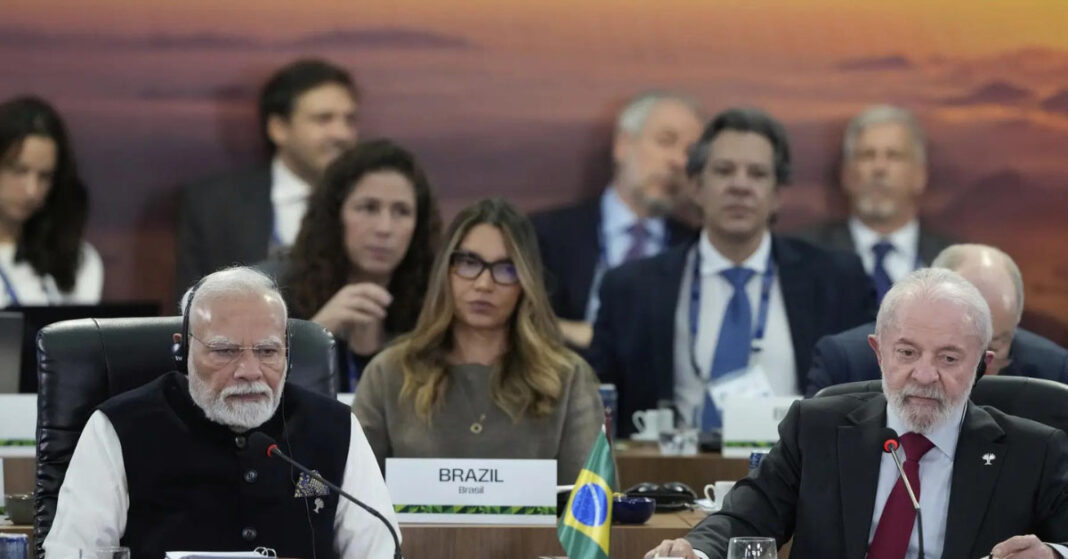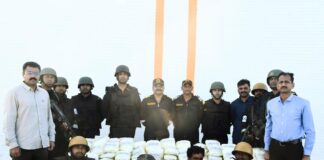BRICS Summit in Brazil: Leaders Denounce Terrorism, Call for Global Reform
At the 17th BRICS Summit held in Rio de Janeiro, member nations strongly condemned the Pahalgam terror attack and the recent Israeli strike on Iran. The summit concluded with the release of a comprehensive 31-page joint declaration featuring 126 key points, emphasizing unity against terrorism and advocating for a reformed global governance structure.
Modi Calls Pahalgam Attack a Strike on Humanity
Addressing the summit, Indian Prime Minister Narendra Modi described the April 22 Pahalgam terror attack as not just an assault on India, but an attack on humanity itself. He called for a zero-tolerance policy against terrorism and criticized selective condemnation based on convenience.
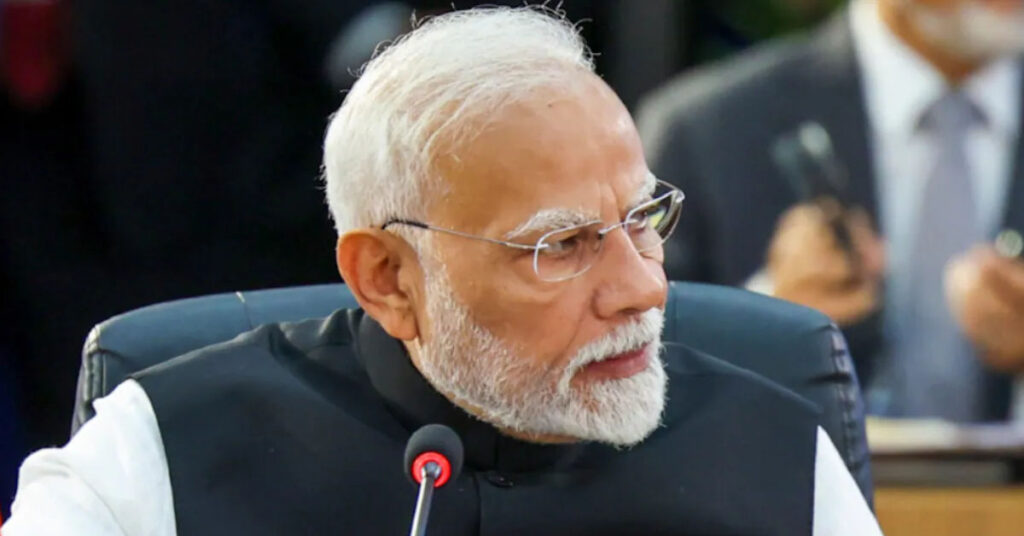
“Condemning terrorism should be a principle, not a matter of convenience,” Modi said, urging the international community to eliminate double standards when dealing with terror threats.
PM Modi Highlights Failure of 20th-Century Institutions
In his speech, Modi criticized outdated global institutions that fail to meet 21st-century challenges. Drawing attention to the rapidly evolving digital landscape, he argued that current global structures have failed to adapt in decades.
“A typewriter built in the 20th century can’t run 21st-century software,” he remarked, pressing for urgent reforms in global governance bodies like the UN Security Council (UNSC) and World Trade Organization (WTO).
Trump Issues Trade Threats to New BRICS Entrants
U.S. President Donald Trump announced a 10% additional tariff on any country that aligns itself with BRICS policies, calling them “anti-American.” He warned that no exceptions would be made, fueling further tensions amid growing global trade friction.
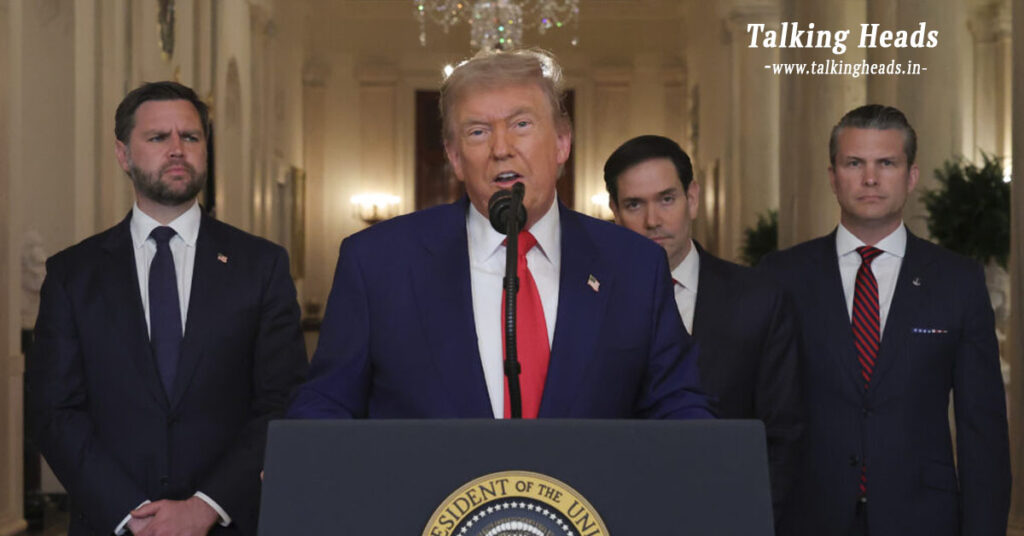
This came after BRICS raised concerns over unilateral tariffs that defy WTO rules, describing them as threats to global trade and supply chains—although the declaration stopped short of naming the U.S. directly.
Key Highlights from Modi’s BRICS Address
1. BRICS Strength Lies in Its Diversity
Modi hailed the multipolar character of BRICS as its biggest strength and said differing perspectives enrich global decision-making.
2. Responsible Investment by the New Development Bank (NDB)
He called for prudent investments by the NDB, focused on long-term gains and institutional credibility.
3. Proposal for a Joint Science and Tech Platform
The Indian PM suggested setting up a BRICS Research Center for collaborative work in science and technology.
4. Avoiding Resource Weaponization
Modi warned against using natural resources as political tools, stating no country has the right to monopolize or misuse them.
5. Need for Digital Transparency and Regulation
He emphasized the importance of building a system to trace the authenticity and origin of digital content to curb misinformation.
6. India to Host AI Impact Summit
Modi announced that India will soon host a global summit on Artificial Intelligence to explore ethical and innovative use of the technology.
China Backs BRICS-Led Global Order Reform
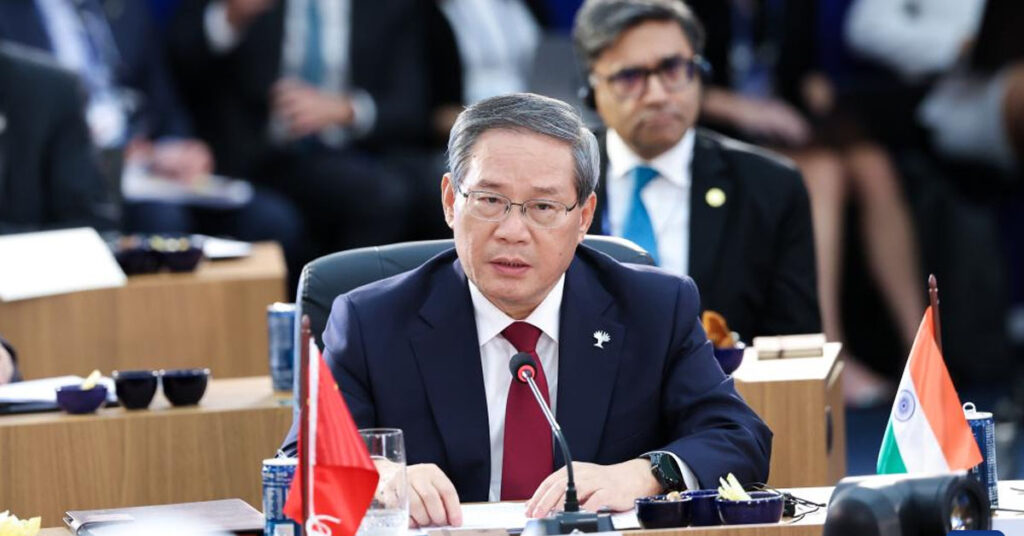
Chinese Premier Li Qiang urged BRICS to lead efforts in reforming global governance. He reaffirmed China’s commitment to establishing a fair, inclusive, and effective international system in cooperation with other BRICS nations.
Joint Declaration: Expansion, Climate, and Terrorism
- New Members and Partners: Indonesia was inducted as a full BRICS member, while 11 others, including Nigeria, Malaysia, and Belarus, joined as partner nations.
- UNSC Reforms: China and Russia expressed support for India and Brazil’s greater role at the UN, especially in the Security Council.
- Climate Action: BRICS members pledged commitment to COP30 and welcomed India’s bid to host COP33 in 2028.
- Illegal Sanctions: The group condemned unilateral sanctions that violate international law and the UN Charter.
- Trade Reforms: BRICS criticized protectionist tariffs and supported fair, inclusive trade policies that benefit developing economies.
- Counterterrorism Unity: The declaration rejected linking terrorism to religion or ethnicity. It demanded firm action against UN-designated terrorist organizations and reaffirmed a zero-tolerance stance.
Modi Champions Global South and Peaceful Diplomacy
PM Modi reiterated India’s commitment to the Global South, denouncing double standards in development and security. He stressed India’s identity as a land of peace and dialogue, advocating global unity over conflict.
“India will always support efforts that promote dialogue, cooperation, and peace across the globe,” Modi said.
Conclusion
The 17th BRICS Summit not only exposed global power dynamics but also showcased the bloc’s determination to reshape international norms. With India’s assertive stance and growing alignment among member nations, BRICS is emerging as a formidable voice for reform and resistance against unilateralism in global affairs.




